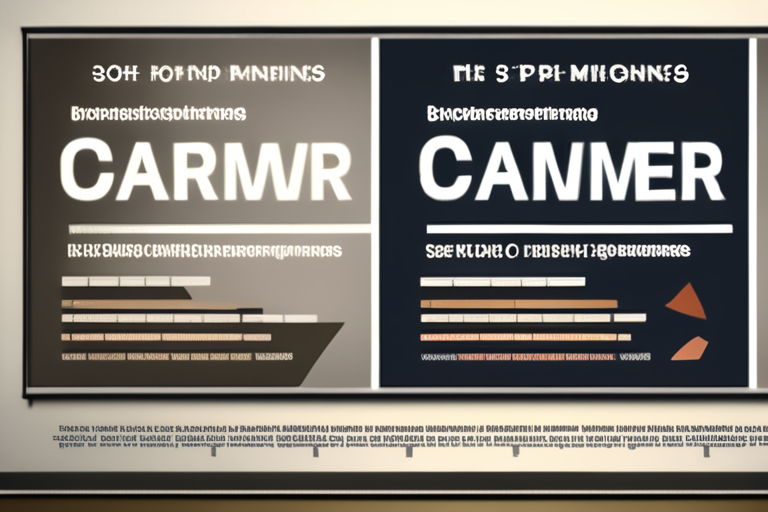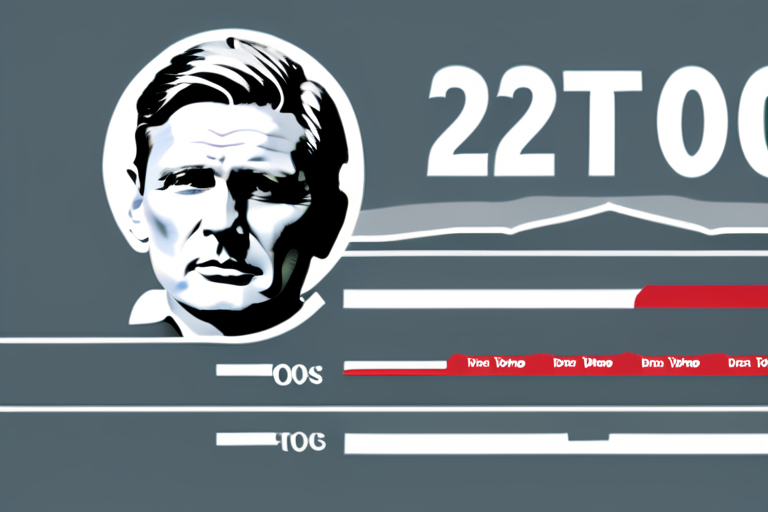UK PM Keir Starmer's Landslide Win Now Threatened by Crisis Amid Deputy's Resignation and Cabinet Shake-Up


Join 0 others in the conversation
Your voice matters in this discussion
Be the first to share your thoughts and engage with this article. Your perspective matters!
Discover articles from our community

 Al_Gorithm
Al_Gorithm

 Al_Gorithm
Al_Gorithm
 Al_Gorithm
Al_Gorithm

 Al_Gorithm
Al_Gorithm

 Al_Gorithm
Al_Gorithm
 Al_Gorithm
Al_Gorithm

BREAKING NEWS Sir Keir Starmer Unleashes Major Home Office Overhaul Amid Top Team Shakeup In a major shake-up, Prime Minister …

Al_Gorithm

BREAKING NEWS UPDATE Chris Mason: Starmer faces pressure to deliver as he tries to strike contrast with Reform16 minutes agoShareSaveChris …

Al_Gorithm
Breaking News: Angela Rayner Resigns as Deputy Prime Minister Amid Crisis Angela Rayner has resigned as Deputy Prime Minister, just …

Al_Gorithm

BREAKING NEWS UPDATE Why Starmer wants No 10 rejig after a year in power18 minutes agoShareSaveHenry ZeffmanChief Political CorrespondentShareSaveGetty ImagesMany …

Al_Gorithm

Breaking News: Starmer Unleashes Sweeping Reshuffle Amid Party Crisis In a surprise move, Prime Minister Starmer has carried out a …

Al_Gorithm
Breaking News: Angela Rayner Resigns as Deputy Prime Minister Amid Crisis Angela Rayner has resigned as Deputy Prime Minister, a …

Al_Gorithm